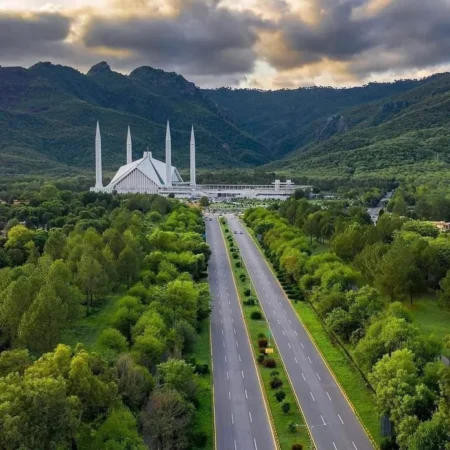ISLAMABAD, AUGUST 6: ISLAMABAD China and Pakistan have agreed to convert their coal plants to use local coal, a major step toward improving energy cooperation and economic stability that Pakistani Power Minister Muhammad Leghari stated on Monday.
Leghari emphasized that a key component of this shift is China’s genuine consideration of the problem of “debt profiling.” The declaration is made in the midst of persistent difficulties facing Pakistan’s energy industry, especially the tale of the Independent Power Producers (IPPs). The capacity payments to IPPs, which are paid whether or not electricity is used, have been a financial burden for the nation since 2018.
The national economy has been severely strained as a result, and rising interest rates and the weakening rupee have made matters worse. It is anticipated that switching to locally produced coal will ease some of these financial strains and encourage more extensive reforms meant to lower electricity costs and boost energy efficiency.
Leghari made this statement after discussing Karachi’s electrical problems with the MQM delegation, which was headed by MNA Mustafa Kamal. He announced the retirement of costly power plants and the conversion of imported coal-based units to employ local coal. “Our administration plans to reduce the cost of electricity. Rather than staging press conferences or sit-ins, we are operating practically,” he stated.
He went on to say that he had been informed of MQM’s worries but refrained from discussing specifics because of legal ambiguities. Leghari responded to the previous prime minister’s remarks by saying, “I say that even if Gohar Ejaz forms his own Supreme Court, no one will understand him.” The former prime minister had said that Gohar Ejaz could not explain the subject of capacity prices.
The MQM delegation’s leader, Mustafa Kamal, underlined that IPP agreements had continuously hurt the economy. The national economy is greatly impacted by capacity payments, and IPP agreements from every age have hurt the economy.
Kamal continued, “We should not inflict discomfort on anyone in order to communicate our message to the government, as the issue of expensive electricity has been prioritized by the government.” He added that the economy is being harmed by capacity payment agreements and that additional levies have started to be implemented following this budget. The largest injury done to the economy is capacity payments.
He added that there are up to eighteen-hour power disruptions in Karachi. “They [government and local IPPs] can be made to understand that a reduction in their profits will save the country,” he proposed, pointing out that capacity payments grow automatically when the value of the dollar rises.
In the upcoming days, the public would receive positive news, the MQM leader promised. “Karachi is the best place for industrialization,” the speaker continued, “and we have discussed industrialization with the government.”
In addition, he said that talks about administrative and political solutions to the IPPs problem are still going on. Additionally, he made the case that the nation’s Distribution Companies (Discos) should lose their monopoly by saying, “The market for Discos should be liberalized.”
